Menu
Columns
Showing 3546 Columns
Showing 3546 Columns
April 18th, 2013
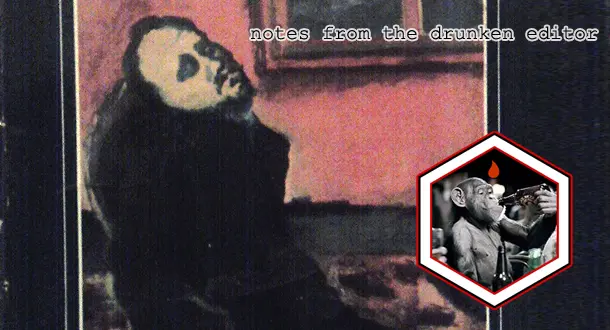
I'm pretty democratic about the things I find intolerably tacky: every political position has its stupid catch phrases and clichés, every social group its stereotypes, and every artistic genre its aspects just waiting for someone to exploit in parody.
Read Column →April 17th, 2013
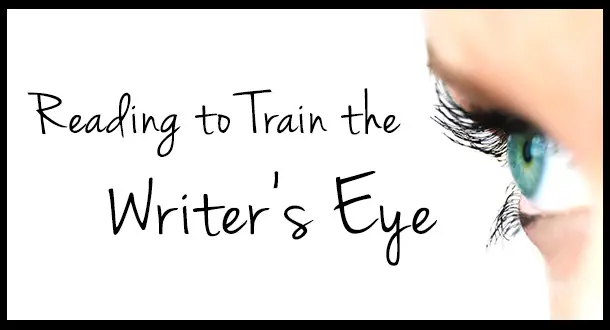
One of the most often repeated lessons for writers is the importance of reading. As Stephen King put it, "If you don't have time to read, you don't have the time (or the tools) to write. Simple as that." However, reading alone is not enough. If you want to read in a way that trains your writer's eye, active engagement is required. Here are some tips for maximizing your learning during the reading process.
Read Column →April 16th, 2013

About a year ago, my friend decided to start a book club, and he asked me to join. It seemed like a logical move on my part: I've always been an avid reader, consuming books either as meals for intellectual sustenance or desserts for joy and entertainment. It was for this reason, however, that I had serious reservations about becoming a member. I always have a significant stack of novels that I'm trying to work through.
Read Column →April 16th, 2013
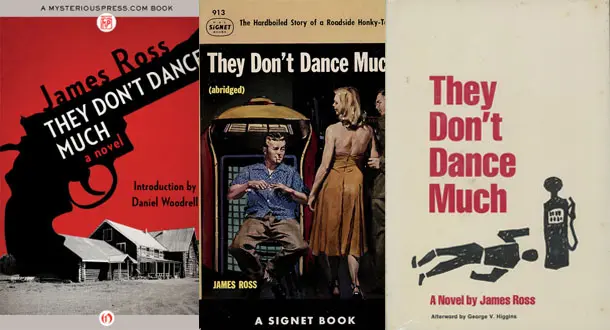
There are a lot of things I love about being the associate publisher for MysteriousPress.com. I love publishing the digital backlist for authors like James M. Cain and James Ellroy.
Read Column →April 15th, 2013
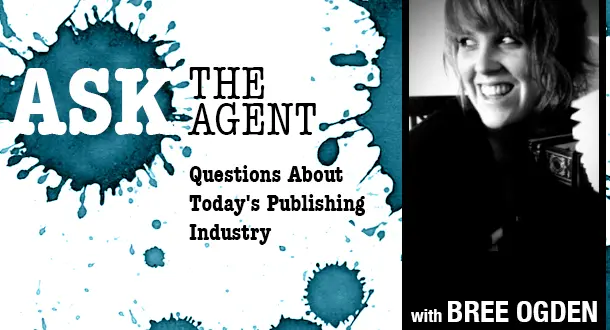
Navigating the rough terrain of today’s publishing industry shouldn’t be a solo event. This week in Ask the Agent, I’ll explore & dissect the particulars of writing a nonfiction book proposal. I promised in the last ASK THE AGENT column that I would discuss the nonfiction book proposal. We have discussed the query letter and when to query an agent for fiction but we have not talked about nonfiction. So I want to dedicate this post to nonfiction and the rules of querying nonfiction.
Read Column →April 15th, 2013

This is going to contain spoilers for this episode, and also for the books. I won't tell you what happens in the fifth book, or what I think is going to happen in the next episode, but I will talk about differences between the book and the show thus far. Deal with it. There were two scenes in last night's episode, Walk of Punishment, that really got to the heart of why I love this show.
Read Column →April 12th, 2013
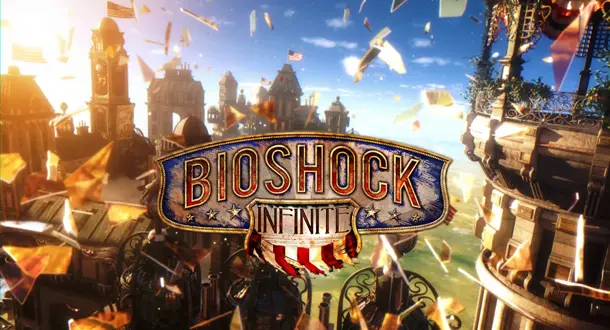
With the triumphant debut of BioShock Infinite, storytelling in video games is once again a trending topic of discussion. It is a subject LitReactor has covered in the past—our own John Jarzemsky wrote about the various story possibilities presented by videogames not too long ago. The one unique thing the format can do that even the best novels or movies can only mimic is allow the audience to not just participate, but directly interact with the story.
Read Column →April 12th, 2013

Libraries are a popular setting for so many things. Fashion shoots, sex videos, TV commercials—you name it. I’m probably biased, but I find library scenes in film to be unusually memorable. Sometimes, they are the most memorable part of a film. Who can forget Robbie and Cecilia’s library tryst in Atonement? Film excels at conveying atmosphere, and the library serves as a blank slate on which to project a mood. Libraries can be creepy, intimidating, warm, inviting, or simply mundane.
Read Column →April 11th, 2013

Transgressive Fiction: “A literary genre that graphically explores such topics as incest and other aberrant sexual practices, mutilation, the sprouting of sexual organs in various places on the human body, urban violence and violence against women, drug use, and highly dysfunctional family relationships, and that is based on the premise that knowledge is to be found at the edge of experience and that the body is the site for gaining knowledge.” —Rene Chun
Read Column →April 11th, 2013
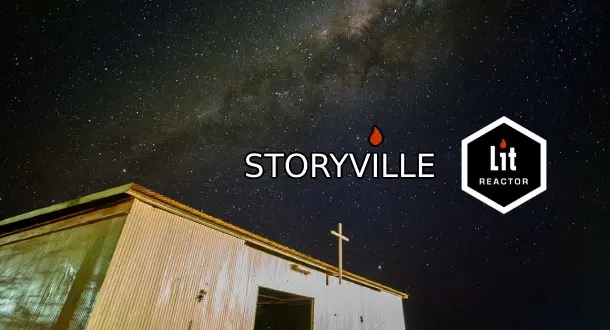
One of the ways that you can stand out as an author is to write original fiction, to have original ideas. There are a lot of different genres that have traditions rooted in certain content and form, but that doesn’t mean you have to stick with them. Here are ten suggestions for how you can avoid stereotypical stories, characters, plots, formats and other aspects of great fiction.
Read Column →🎼
Tell us about your book, and we'll give you a writing playlist
Take our 1 minute quiz to find your ideal tunes.